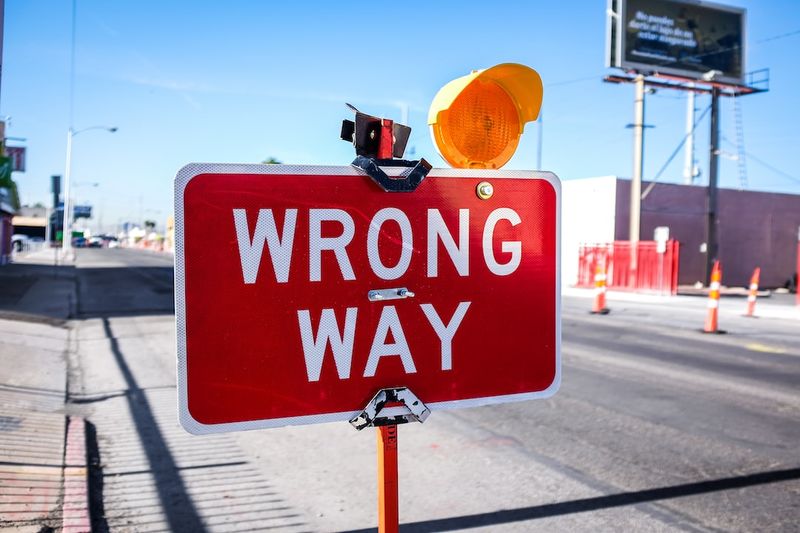Table of Contents
Referendum Results: A Heartbreaking Outcome
The recent referendum in Australia, which aimed to enshrine an Indigenous Voice to Parliament in the country’s constitution, has yielded disappointing results. Uncle Rodney Dillon, a Palawa Elder and Amnesty International Australia First Nations Rights spokesperson, expressed his profound sadness at this outcome. The efforts to establish an Indigenous Voice have spanned decades of tireless campaigning from Aboriginal and Torres Strait Islander Peoples, many of whom did not live to witness this historic vote.
The Fight for Justice and Reconciliation
Aboriginal and Torres Strait Islander Peoples have long fought for justice, healing, and truth in Australia. They have sought to forge a path where Indigenous and non-Indigenous people can walk together towards a more equitable future. The Indigenous Voice to Parliament was seen as a crucial stepping stone on this path, offering a platform for these marginalized communities to have a say in the democratic process.
Online Disinformation and the Repercussions of Colonial Mythology
Uncle Rodney Dillon pointed to the rampant online disinformation in Australia that may have swayed public opinion on the referendum. The spread of false narratives and the echo of racist notions, such as the myth of “Terra Nullius,” have undoubtedly affected the referendum’s outcome. The notion that Australia was an uninhabited “nobody’s land” upon colonization 235 years ago overlooks the rich history and cultural heritage of the Aboriginal and Torres Strait Islander Peoples.
Amnesty International’s Commitment to Indigenous Rights
Amnesty International, amidst the disappointment of this referendum, reaffirms its dedication to supporting and working alongside Aboriginal and Torres Strait Islander Peoples. They will continue to champion the protection and advancement of Indigenous human rights, not only in Australia but also across the globe. The organization draws inspiration from the centuries-long fight for justice undertaken by Indigenous communities, relying on their courage and dedication as a guiding force in their human rights work.
Editorial: A Missed Opportunity for Australia
The failure to enshrine an Indigenous Voice to Parliament in the Australian constitution marks a missed opportunity for the country to foster a more inclusive and just society. Such a provision would have recognized the unique perspective and inherent rights of the Aboriginal and Torres Strait Islander Peoples, ensuring their participation in decision-making processes that affect their lives.
By denying the establishment of an Indigenous Voice, Australia risks perpetuating the marginalization and disenfranchisement that these communities have endured for far too long. The government, along with the broader society, must recognize the importance of listening to and valuing the perspectives of the country’s First Nations Peoples.
Moving Forward: The Imperative of Reconciliation
Australia must embark on a journey of reconciliation that goes beyond symbolic gestures. Constitutional recognition of the Indigenous Voice to Parliament is essential, but it is not the only step needed. The country should commit to meaningful partnerships and embrace the wisdom and knowledge of the First Nations Peoples in all sectors of society.
True reconciliation requires acknowledging the historical injustices committed against Aboriginal and Torres Strait Islander Peoples, addressing systemic inequalities, and fostering an environment of understanding, respect, and equality. Genuine reconciliation necessitates a collective effort from both Indigenous and non-Indigenous Australians, as well as a commitment from the government to dismantle the systemic barriers that hinder progress.
An Opportunity for Reflection
Australia‘s failure to enshrine an Indigenous Voice in the constitution serves as a moment for the entire nation to reflect on its commitment to justice, equality, and human rights. It is an opportunity to reassess the values that underpin its society and ask whether they are truly aligned with the principles of fairness and inclusivity.
While the referendum result is disheartening, it should not deter the ongoing efforts to achieve justice and reconciliation. Civil society organizations, like Amnesty International, will continue to advocate for Indigenous rights and challenge the status quo. It is crucial for all Australians to support these endeavors and actively contribute to a more equitable future for the country.

<< photo by Kenny Eliason >>
The image is for illustrative purposes only and does not depict the actual situation.
You might want to read !
- Pakistan: Reconsider Deportation Plans for Afghans
- A Critical Examination of UK’s Decision to Abandon Rwanda Asylum Transfer Plan
- Rwanda’s Authoritarian Tactics: Suppressing Dissent on the World Stage
- Australia’s Voice Referendum: A Crucial Step Towards Upholding Indigenous Rights
- Türkiye: Osman Kavala’s Council of Europe Prize Reflects the Ongoing Fight for Justice
- Lessons Learned from the Lampedusa Shipwreck: A Decade of Reflection and Progress.
- Thailand’s Verdict in ‘Billy’ Murder Case: Delivering Justice for the Indigenous Activist